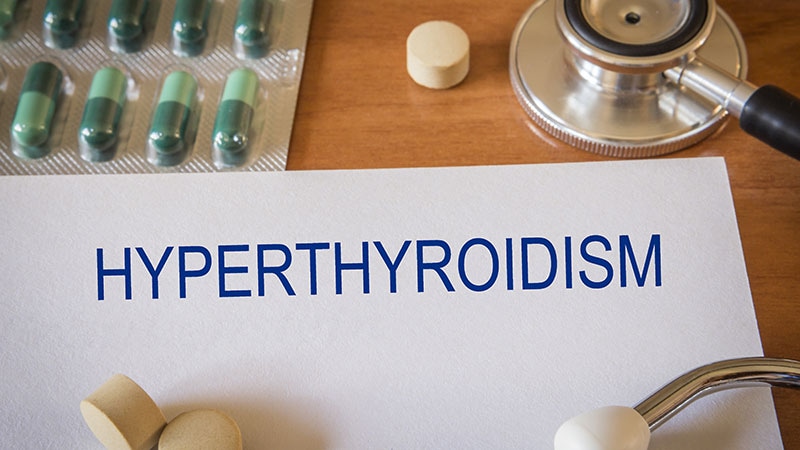Takeaway
- In this single-centre study, patients with diabetes had a higher risk for in-hospital complications, greater disability at discharge and 90 days, and a higher incidence of recurrent stroke and mortality within 90 days of an acute ischaemic stroke.
Why this matters
- Diabetes mellitus and hyperglycaemia are major risk factors for acute ischaemic stroke.
Study design
- Prospective cohort study evaluated 2961 patients admitted with a diagnosis of acute ischaemic stroke between January 2014 and December 2017.
- The modified Rankin scale (mRS) assessed at discharge and 90 days classified patients as having a good (mRS, ≤0-2) or poor (mRS, 3-6) outcome.
- Funding: None.
Key results
- Patients with diabetes vs prediabetes and nondiabetes had significantly higher prevalence of:
- hypertension (80.8% vs 67.4 vs 59.2%; P<.0001),
- previous stroke (18.0% vs 5.4% vs 6.2%; P<.0001) and
- coronary artery disease (12.9% vs 5.6% vs 5.0%; P<.0001), respectively.
- At admission, patients with diabetes vs prediabetes and nondiabetes had a higher incidence of:
- all complications (7.6% vs 4.9% vs 4.5%; P=.004),
- urinary tract infection (4.8% vs 2.8% vs 2.1%; P=.02) and
- sepsis (1.6% vs 0% vs 0.8%; P=.013).
- Percentage of patients with mRS 3-6 at discharge (39.7% vs 32.6% vs 30.2%; P<.0001) and 90 days (26.7% vs 18.8% vs 21.4%; P<.005) was significantly greater in the diabetes vs prediabetes and nondiabetes groups.
- At 90-days follow-up, mortality (6.2% vs 2.2% vs 5.2%; P=.033) and stroke recurrence (4.2% vs 0.7% vs 2.2%; P<.005) was significantly higher in diabetes vs prediabetes and no diabetes group.
Limitations
- Single-centre study.
References
References


